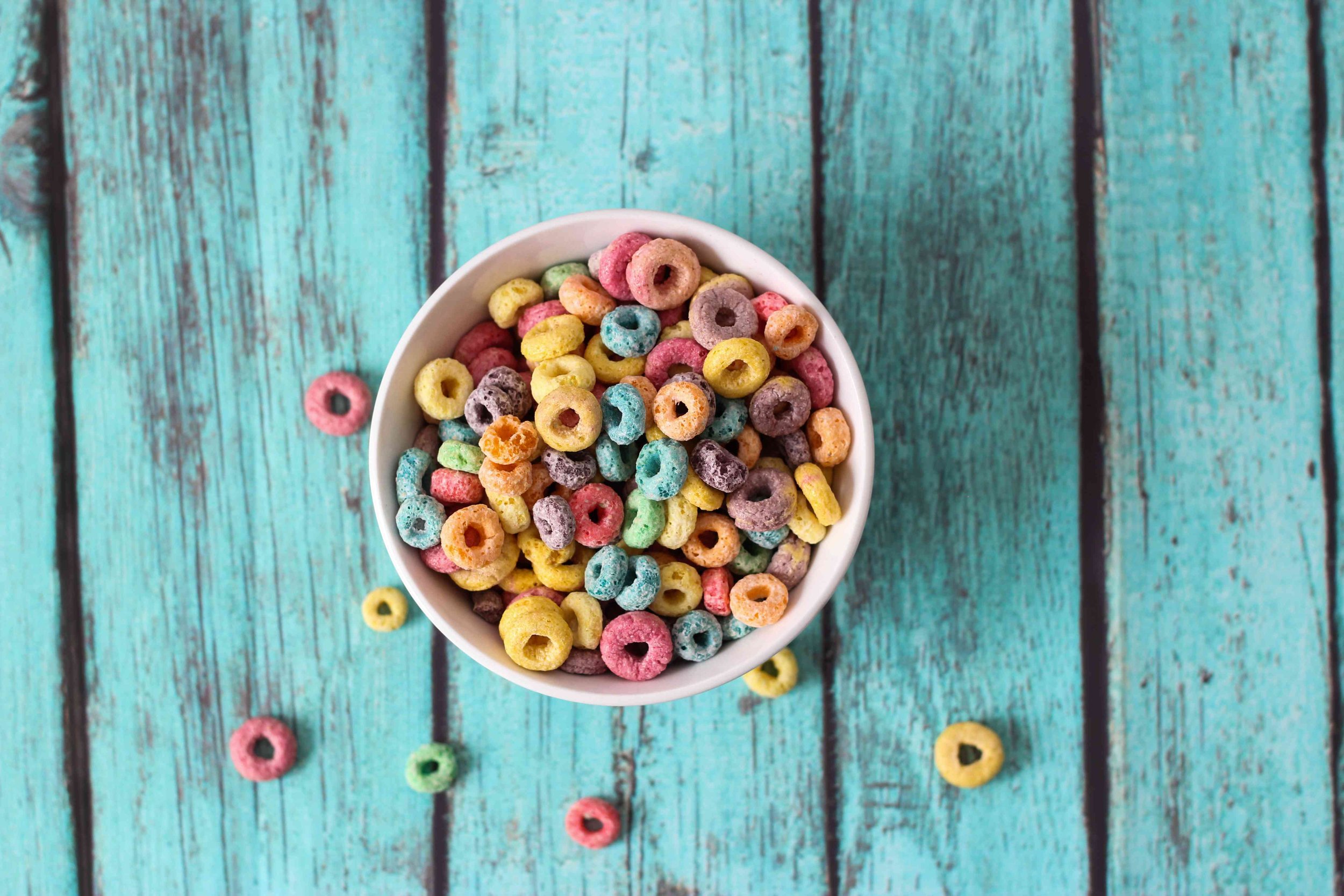The Impact of Ultra-Processed Foods on Weight
By Lizzie Streit, MS, RDN, LD
Ultra-processed foods are foods made from extensive processing that makes them highly flavorful, shelf-stable, and easy to overeat. They are typically loaded with ingredients that are unhealthy in high amounts, such as sugar, salt, and oils, and may have artificial colors or preservatives.
There are many ways that eating ultra-processed foods can impact a person’s weight, ranging from their nutrition facts to ease of access. Keep reading to learn more about examples of these foods, how they may promote weight gain, and ways to limit them.
Types of Ultra-Processed Foods
Ultra-processed foods are not the same as minimally processed foods that have undergone some alterations to make them easier to store or eat. For instance, plain yogurt and canned beans are technically processed foods but are still highly nutritious.
On the other hand, ultra-processed foods have lots of added ingredients and require significant processing to produce. They include hot dogs, salty snack foods, packaged desserts, sugary cereals, sodas, fast foods, and candies.
Effects of Ultra-Processed Foods on Weight
The extensive processing involved in creating ultra-processed foods has two main effects. For one, it makes them shelf-stable and easy to store for long periods of time. Second, it yields very flavorful foods that people crave.
The palatability of ultra-processed foods can make them easy to overeat. As a result, a diet high in these foods may be high in calories as well as sugar, unhealthy fat, and/or sodium. Together, these factors may lead to weight gain, make it difficult to lose weight, or exacerbate weight-related health problems such as type 2 diabetes or high blood pressure. Check out our blog post on ultra-processed foods and heart disease for related information.
Research on the connection between ultra-processed foods and weight gain is limited but shows there is a link. One study in 20 adults concluded that eating a diet high in ultra-processed foods led participants to eat about 500 extra calories per day compared to an unprocessed diet.
Finally, ultra-processed foods may impact weight due to their affordability and convenience. They are highly accessible and easy to prepare (if preparation is needed at all), which can lead people to eat them in place of less convenient, healthier options.
How to Limit Ultra-Processed Foods
It can be difficult to limit ultra-processed foods, especially when they are so widely available. However, an effective weight loss meal plan should not include them. If your favorite snack or dessert happens to fall into the category of ultra-processed, it’s of course OK to enjoy it from time to time. However, aim to make the bulk of your diet comprised of foods with no or minimal processing.
Here are a few tips for limiting ultra-processed foods:
Swap flavored seltzer water, such as La Croix or Polar, for soda.
Prepare roasted chicken or turkey instead of buying deli meats and hot dogs.
Make homemade soups in bulk to freeze and have on hand instead of buying canned soups.
Prepare healthier bars or bites to enjoy in lieu of candy.
Eat oatmeal with fruit instead of sugary cereal.
Note from Healthy For Life Meals: Our delicious menus are free of ultra-processed foods and made with wholesome, fresh ingredients. If you’re struggling with preparing meals with healthful ingredients, we can help! Get started with one of our plans today. Save $10 off your first order with discount code: TryHFLM.

